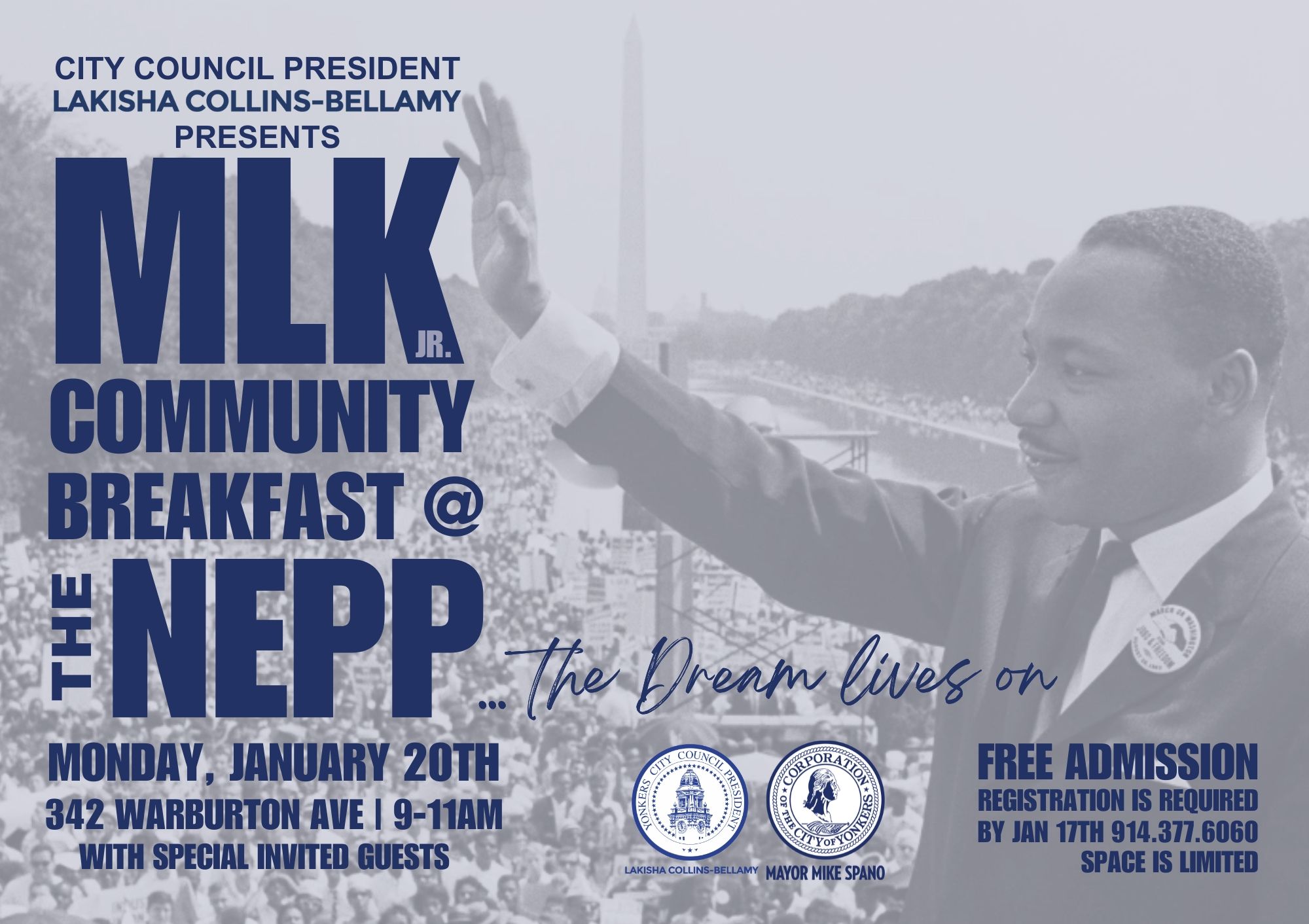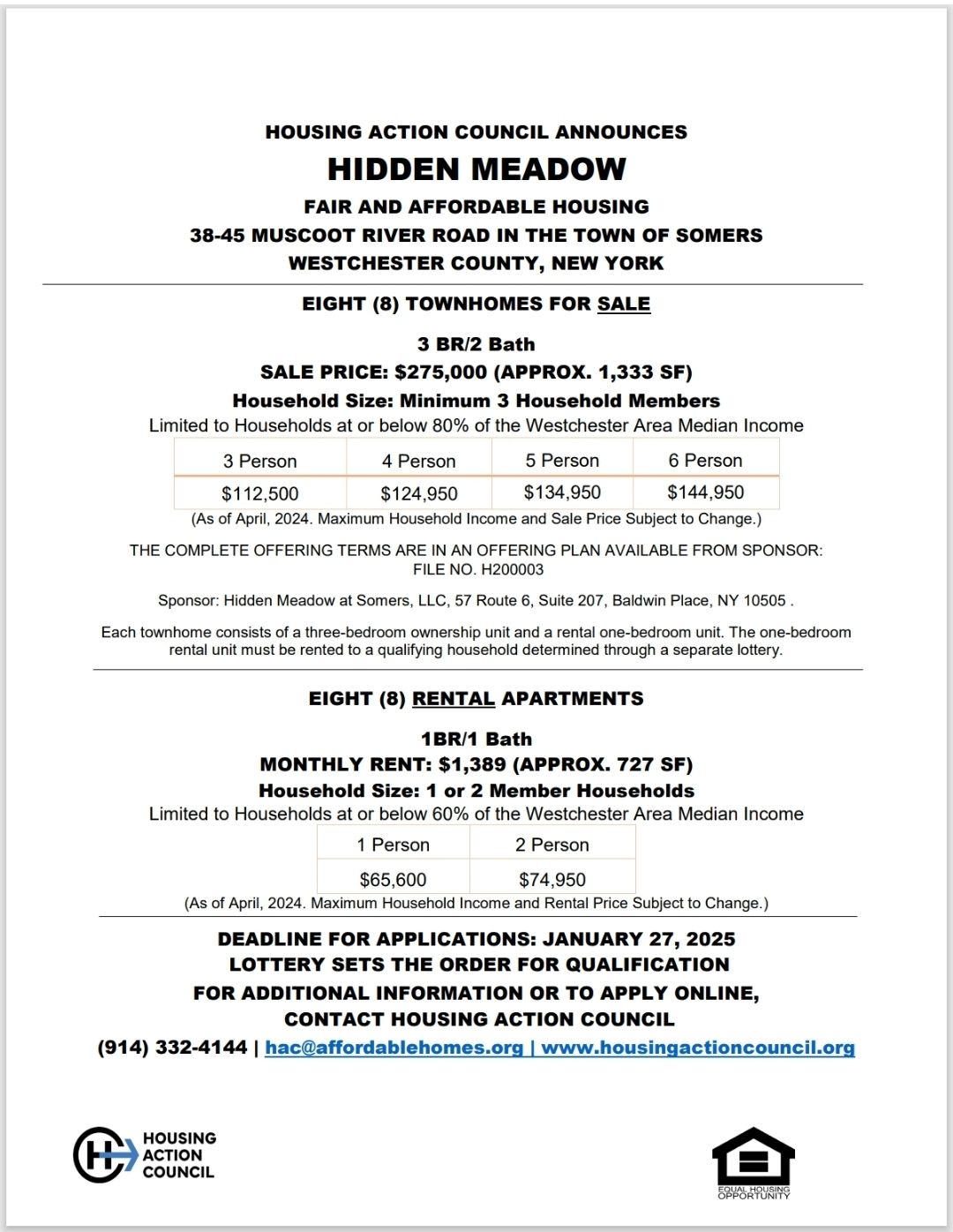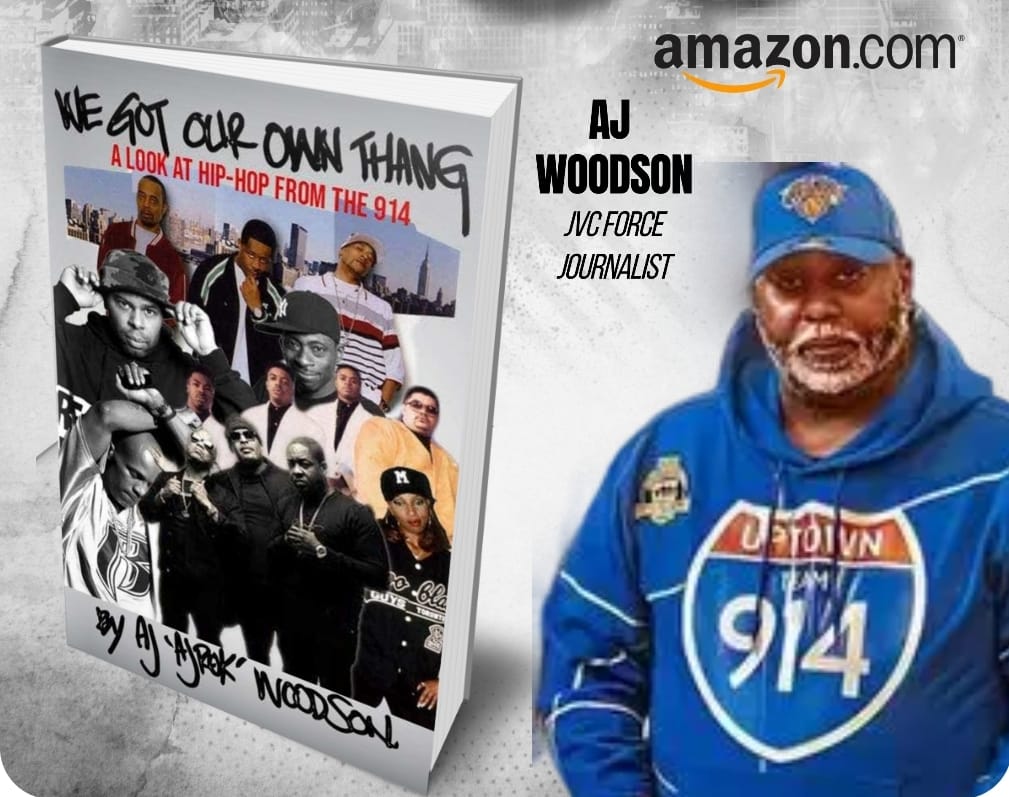In a recent and shocking development, authorities arrested a suspect in connection with the murder of Brian Thompson, CEO of UnitedHealthcare, outside a luxury hotel in New York City. The suspect, identified as Luigi Mangione, was apprehended with disturbing evidence, including a manifesto, a ghost gun, and fake identification. This case has captured the nation’s attention, not only for its tragic and violent nature but also for the larger conversations it has sparked about America’s healthcare system.
The killing has left UnitedHealthcare, one of the nation’s largest insurers, grappling with both the loss of its leader and the broader implications for the industry’s reputation.
The public’s reaction to Thompson’s death has been as complex as the issues plaguing the healthcare system itself. While many have expressed sympathy for the CEO’s family and condemned the violent act, others have pointed to the deep anger and dissatisfaction many Americans feel toward the healthcare industry.
Social media platforms were flooded with comments ranging from heartfelt condolences to harsh critiques of insurance companies. Some users blamed UnitedHealthcare for the struggles they faced in accessing affordable and reliable healthcare, highlighting the growing disconnect between the industry’s leadership and the people it serves. This dichotomy underscores the fraught relationship between insurers and the public, particularly as healthcare costs continue to rise unabated.
Thompson’s death has reignited conversations about the broader state of healthcare in the United States. Over the past decade, premiums for employer-sponsored health insurance have increased by nearly 50%, far outpacing wage growth. Deductibles and out-of-pocket expenses have similarly skyrocketed, leaving many Americans to wonder if the system is designed to work against them.
At the same time, claims data paints a stark picture:
- UnitedHealthcare: Processes the third-highest volume of incurred claims at $33.26 billion but denies 33% of claims, the highest among major insurers.
- Anthem: Incurs $39.11 billion in claims with a denial rate of 20%.
- Aetna: Denies 18% of claims while managing $28.90 billion in payouts.
- Cigna: Maintains a denial rate of 15% with $24.50 billion in incurred claims.
- Humana: The most consumer-friendly of the group, with a denial rate of just 10% despite $21.20 billion in incurred claims.
These numbers highlight the challenges that policyholders face, particularly when navigating high denial rates like those seen at UnitedHealthcare. Rising costs, coupled with such disparities, have created a groundswell of frustration among Americans who feel locked out of the system they rely on for care.
While the murder of Brian Thompson is an isolated act of violence, it serves as a stark reminder of the broader tensions surrounding healthcare in America. Rising costs, opaque billing practices, and perceived inaccessibility have fueled a sense of mistrust toward the system, leading some to resort to extreme actions.
However, experts emphasize that addressing these issues requires constructive dialogue, not violence. Policymakers, industry leaders, and consumers must come together to identify solutions that balance profitability with accessibility and equity. Transparency in pricing, regulatory reforms, and innovations in care delivery could be starting points for a system in desperate need of change.
As the investigation into Thompson’s murder unfolds, it is crucial to remember that systemic issues in healthcare cannot be solved through acts of violence. Instead, this tragedy should serve as a wake-up call for leaders and lawmakers to confront the deep-seated frustrations that many Americans feel. Only through meaningful reform and genuine collaboration can the U.S. healthcare system begin to rebuild public trust and deliver on its promise of quality care for all.







